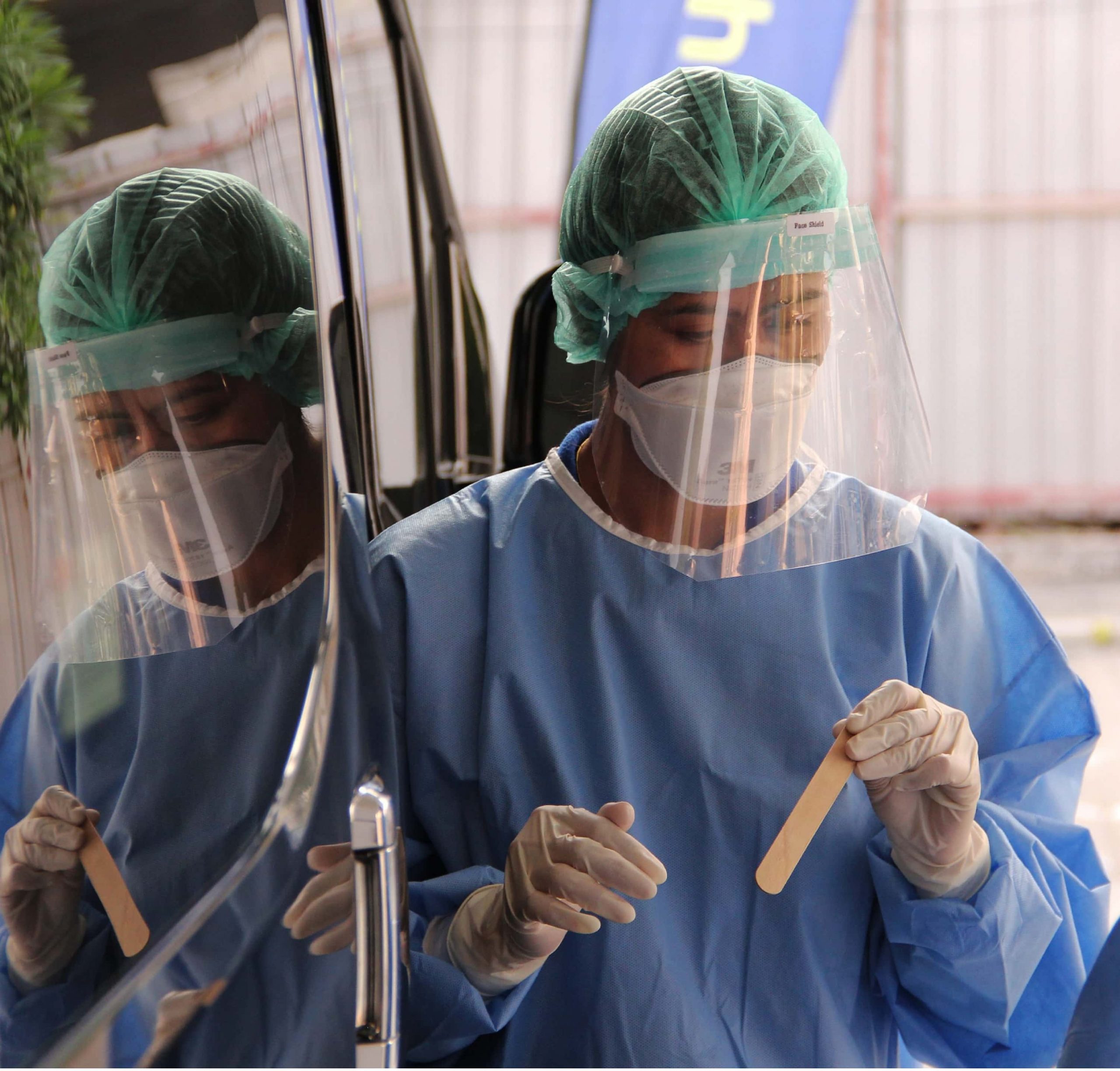Scores Killed In New Bandit Attack In Benue
Bandits raided the farming community in the evening of Thursday, August 8, 2024, and slaughtered thirty people in Ayati village, Ukum Local Government Area, Benue State.
Speaking with a Channels Television Correspondent over the phone, an eyewitness identified as Shima Ayati stated that more people may have been slain, but just thirty corpses had been retrieved as more than 60 bandits invaded Ayati hamlet, shooting anything in sight.
“They came on motorcycles from Sai road at about on Thursday evening, and immediately open fire on residents of Ayati village, killing more than thirty persons as many people are still missing, but only thirty corpses have been recovered” .
Ayati went on to say that “the bandits were hunting people from one house to another, shooting and killing many people, with some killed on the spot and others dying on their way to the hospital in Zaki Baim, with many injuries recorded on the part of survivors.”
“The bands after killing and burning houses, left the community through Sai road to escape, but we believe more bodies may be in the bush as many people are still missing” .
Ayati village is one of numerous rural communities along Benue’s infamous Sankera axis, which includes the Katsina-Ala, Logo, and Ukum local government districts.
This is the second attack on Ayati village in a month. Six people were killed in a prior attack, which triggered last month’s violent riots in Zaki Biam.
Meanwhile, in a chat with journalists on the police’s official WhatsApp platform for journalists in Benue state, the Police Public Relations Officer, Superintendent of Police, Sewuese Aneene, confirmed the attack but could not provide a casualty figure due to sketchy details from the scene of the attack by the police response team.
“I’m aware there was an attack and I’m waiting for a briefing from officers on ground” .
Killings by bandits and local militia have damaged Benue’s food and agro-allied sector, adding to the country’s soaring food inflation, which now exceeds 40%, according to the Nigerian Bureau of Statistics.



